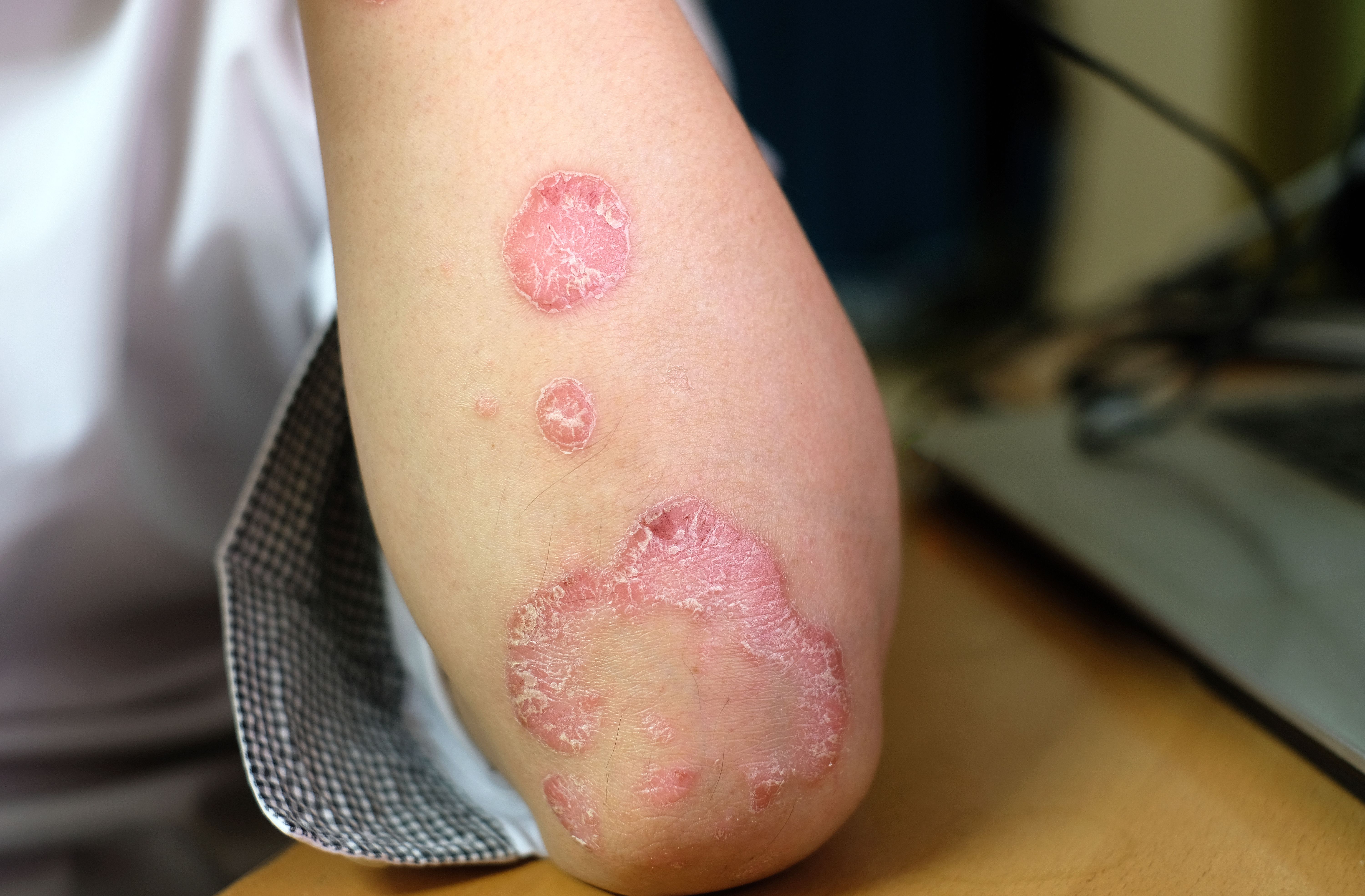- Acne
- Actinic Keratosis
- Aesthetics
- Alopecia
- Atopic Dermatitis
- Buy-and-Bill
- COVID-19
- Case-Based Roundtable
- Chronic Hand Eczema
- Chronic Spontaneous Urticaria
- Drug Watch
- Eczema
- General Dermatology
- Hidradenitis Suppurativa
- Melasma
- NP and PA
- Pediatric Dermatology
- Pigmentary Disorders
- Practice Management
- Precision Medicine and Biologics
- Prurigo Nodularis
- Psoriasis
- Psoriatic Arthritis
- Rare Disease
- Rosacea
- Skin Cancer
- Vitiligo
- Wound Care
Article
Device measures port wine stain changes
Author(s):
A newly developed device using spatial frequency domain imaging and light-emitting diodes can measure biochemical compositional changes in port wine stains after laser therapy, according to results of a pilot study.
Irvine, Calif. - A newly developed device using spatial frequency domain imaging and light-emitting diodes can measure biochemical compositional changes in port wine stains after laser therapy, according to results of a pilot study.
Researchers with the University of California, Irvine used the spatial frequency domain imaging (SFDI) device to assess four patients before and after five laser treatment sessions, HealthDay News reports. Investigators compared the SFDI-derived wide-field optical properties, tissue chromophore concentrations, and tissue oxygen saturation in port wine stains before and after treatment to properties of normal skin.
Elevated oxyhemoglobin and tissue oxygen saturation were observed in each port wine stain before treatment. Researcheres also noted that laser treatment resulted in a more than 100 percent increase in deoxyhemoglobin, a more than 10 percent decrease in tissue oxygen saturation, and a more than 15 percent reduction in scattering in all port wine staine lesions.
For one patient who underwent two consecutive laser treatments, the researchers found a 45 percent decrease in dermal blood volume.
"SFDI is a rapid non-contact wide-field optical technique that shows potential as an imaging device that can be used to quantify biochemical compositional changes in PWS (port wine stains) after laser therapy," the authors concluded.
Two of the authors are co-founders of Modulated Imaging, which developed the spatial frequency domain imaging device used in this study.
The findings were published online Aug. 21 in Lasers in Surgery and Medicine.
Go back to the Dermatology Times eNews newsletter.
Newsletter
Like what you’re reading? Subscribe to Dermatology Times for weekly updates on therapies, innovations, and real-world practice tips.











